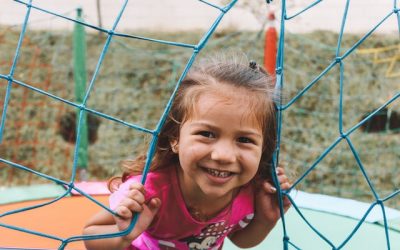Many of the children who are in foster care because of having been sexually abused come to one of the Children’s Justice Centers to be interviewed. These centers, part of the state Judiciary, are located in Honolulu, Hilo, Kona, Lihue and Wailuku.
When a report of child sexual abuse is made, the child is brought to the center. Specially trained detectives and social workers conduct the interviews. We also have consultants who interview the young children and those with special needs. A videotape is made of the interview so that the information can be provided to anyone with a “need to know” and to assure that the process is transparent and neutral. It also prevents the child from having to tell his or her story over and over again.
Interviewing children is difficult, particularly about abuse, and especially when they may have been told to keep it a secret. Children tell because they want the abuse to stop but they often love the abuser and don’t want him or her to get in trouble. Often they have been receiving special attention or gifts to keep the silence and don’t want to lose that. So, some children may initially hint at abuse but then be reluctant to give details. Others may need to have more than one interview in order to feel comfortable enough to tell what happened. The centers are very child friendly and we find that kids like coming here and do not mind returning if it is necessary.
There’s a mistaken belief that children should only be interviewed one time. That is not really true; what is true is that they should be interviewed by the same person if a second interview is necessary. For young children, the first visit may be a short visit, providing an opportunity for the child to get familiar with the surroundings. A second visit may be necessary to conduct the actual interview and that is OK. For other children, they may not feel comfortable disclosing (telling their story). For those children, when there is a strong belief that something may have occurred, it is preferable to put the child into specialized counseling until they feel safe enough to disclose. Children are different with different needs and the system has the flexibility to accommodate that.
Recantation (changing the story and saying that the previously-disclosed abuse didn’t really happen) can often occur even when the abuse is substantiated. Children feel responsible for what happens after the abuse is disclosed and can be blamed by family members for getting the perpetrator “in trouble.” It is important to stress to the child that he or she is not responsible for what the adult did and that a child cannot stop an adult from doing something. Research shows that understanding who is to “blame” predicts the child’s eventual healing and adjustment. Those children who know they were the victim and not at fault do better than those children who continue to be blamed and feel responsible. Foster parents’ ability to provide emotional support and help the child understand that what has happened is solely the grownup’s responsibility can go a long way to ensuring the child’s healing from the abuse.
Submitted by Judy Lind, Statewide Director




